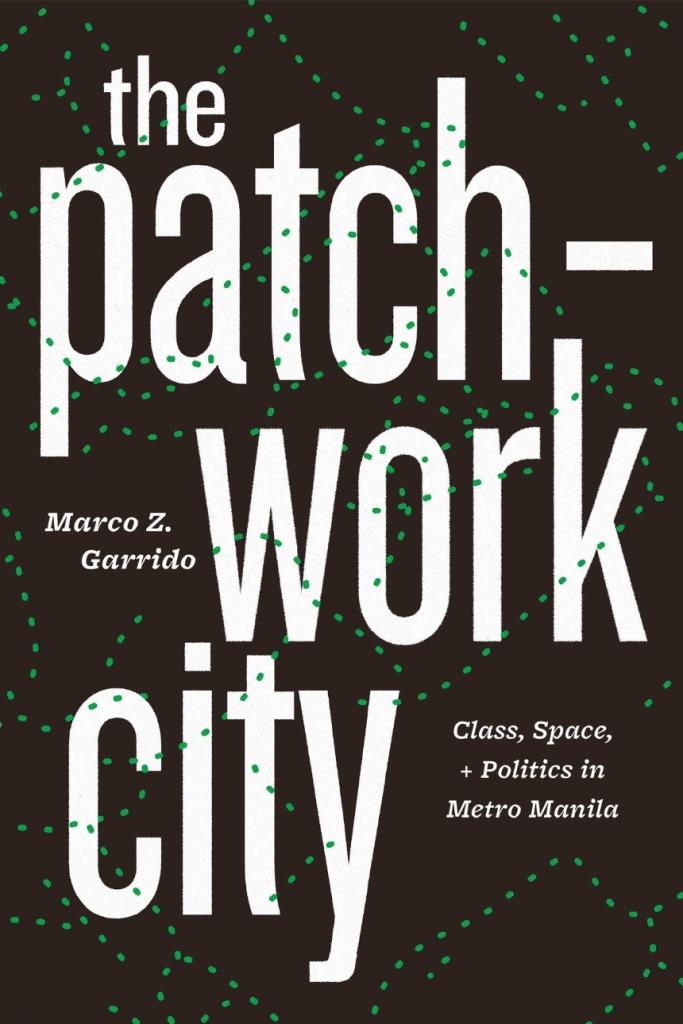Interview w/ Marco Garrido winner of 2021 CUSS Book Award
Kyle Galindez interviews Marco Z. Garrido author The Patchwork City: Class, Space, and Politics in Metro Manila (University of Chicago Press 2019).
What were the main findings of your research?

The book’s argument is that the spatial transformation of Manila is worsening class relations and widening the political divide. Specifically, I document the proliferation of poor and upper-class areas—slums and enclaves—across the city and their sharper segregation. I then describe the fraught relations between the residents of these places and argue that segregation—specifically, their proximity to one another—has made their relations worse. Slum residents more frequently experience discrimination, while enclave residents feel insecure about the presence of squatters nearby. I then consider the political views of each group, particularly with respect to the populist president Joseph Estrada. Not only do they tend to see Estrada in polar opposite ways, but their views are substantially informed by their feelings of discrimination and insecurity—that is, by their class positions. Broadly speaking, the books’ argument represents an effort to connect space, class, and politics, or rather, to show how these domains are more continuous than we like to think. Indeed, we should think about them together, as bound up in the same processes. And so while The Patchwork City is a work of urban sociology, it is also, equally, a work of political sociology. It adopts a view of social class as taking shape through spatial segregation (as well as shaping it, of course), and of political subjectivity as being shaped by class relations. Thus, as the city is transformed by global processes, so are social relations and contentious politics.
Read more